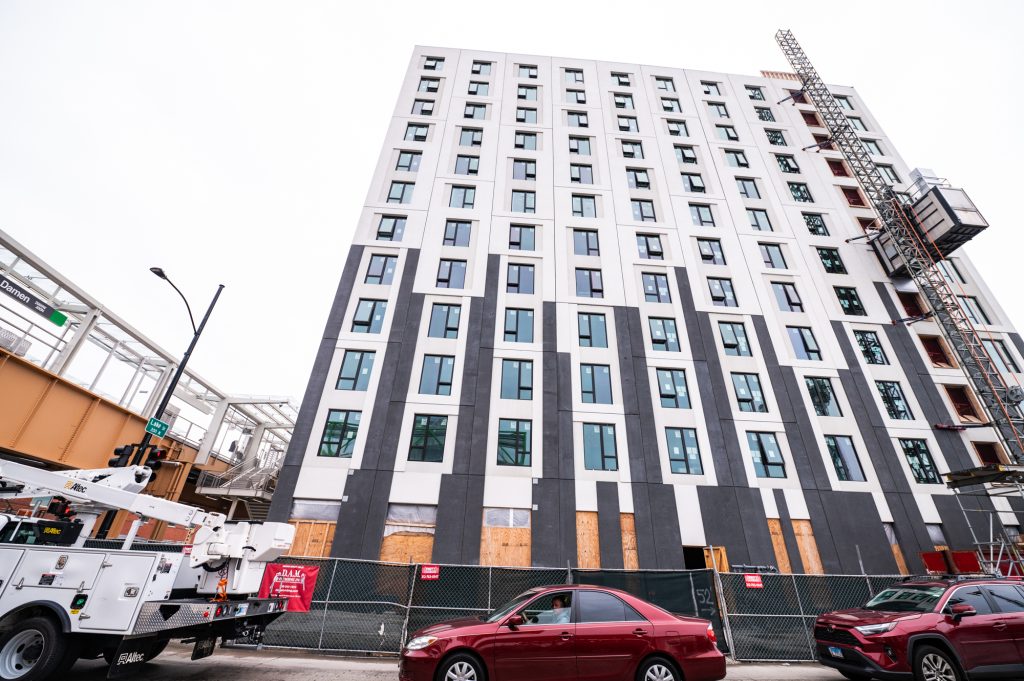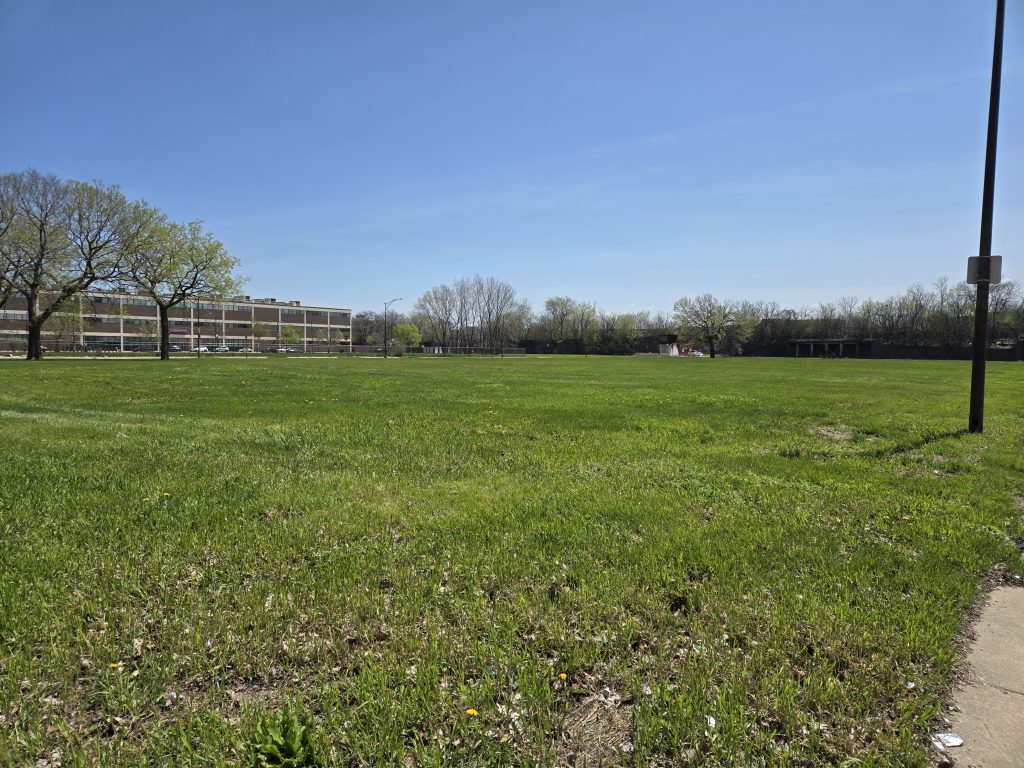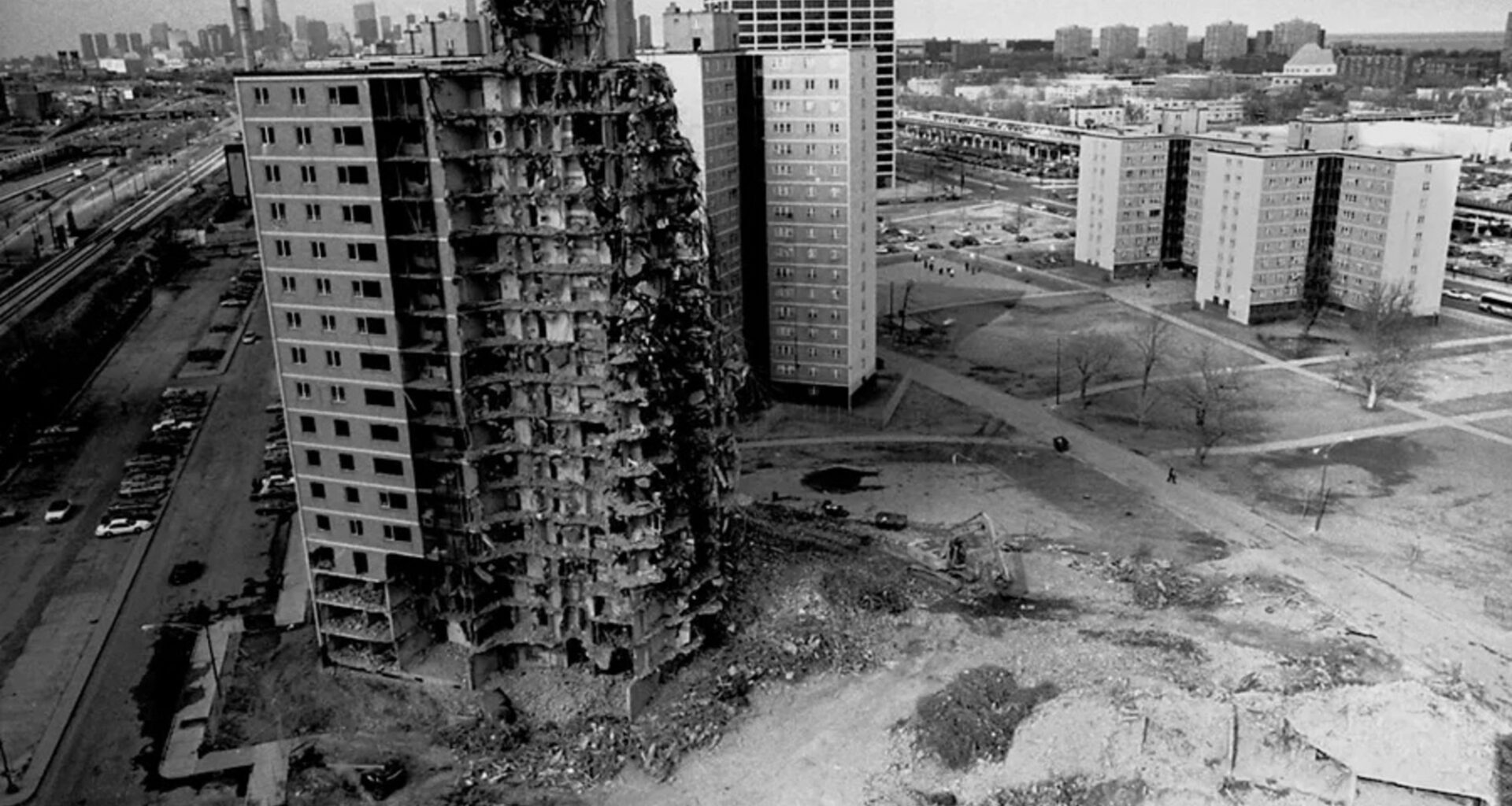CHICAGO — The Chicago Housing Authority never finished building new homes on the land it cleared as part of its Plan for Transformation — the initiative to remake public housing that was launched 25 years ago.
And if it doesn’t pick up the pace, redeveloping those communities could take another 30 to 40 years, according to a report from Impact for Equity, a public policy nonprofit that for decades has acted as a housing advocate and CHA watchdog.
The report’s authors are calling on the CHA, the city’s Department of Housing and the Illinois Housing Development Authority to work together to create more homes over the next decade.
The report, “Building the Future: Restoring Communities and Renewing Chicago’s Commitment to Public Housing,” is “a bit of a wake-up call if we don’t think it’s acceptable for there to still be vacant land 30 or 40 years from now,” said Daniel Kay Hertz, Impact for Equity’s director of housing.
“The goal of the report is less to say any one thing is going to solve this, and more to say something needs to change, and there needs to be some serious conversations about what the CHA, the city and the state can do to make sure that it doesn’t take that long to complete a promise that was made to a lot of these communities,” Hertz said.
Hertz’s group is urging leaders at the CHA, the city and the state to prioritize redeveloping vacant CHA land and buildings within 10 years. They could do that through incentives such as reducing property taxes on developments that include public housing units or offering rental subsidies to developers who partner with the CHA.
 Westhaven Park, a mixed-use Chicago Housing Authority development under construction as the Damen CTA Green Line station was unveiled near United Center on Aug. 5, 2024. Credit: Colin Boyle/Block Club Chicago
Westhaven Park, a mixed-use Chicago Housing Authority development under construction as the Damen CTA Green Line station was unveiled near United Center on Aug. 5, 2024. Credit: Colin Boyle/Block Club Chicago
The CHA and the city could also purchase existing buildings that can be “entirely or partially converted to public housing,” the report suggests.
It also calls on the CHA to increase its use of federal rental subsidies to help more people afford rent in privately developed and owned buildings.
In a statement, Karen Vaughan, a spokesperson for the CHA, said the agency believes in increasing affordable housing opportunities and “shares Impact for Equity’s goals of exploring innovative and collaborative strategies to accelerate the delivery and preservation of affordable housing for all Chicagoans.”
The report offers “valuable ideas” that could complement programs already in place in the city and at CHA, Vaughan wrote.
The CHA launched the Plan for Transformation in 2000. Over the next decade, most of the the city’s public housing high rises were razed, leading to a loss of 16,000 apartments for families. Along with the demolitions, the CHA pledged to build or rehab thousands of homes in new mixed-income developments.
But residents and advocates weren’t convinced the plan would work. They worried the demolitions would result in a lasting shortage of affordable housing.
Those concerns have only been validated over the years.
 The 3900 block of South Federal Street has been empty since the Chicago Housing Authority razed the Robert Taylor Homes in the late 1990s and early 2000s. Credit: Mick Dumke / Block Club Chicago
The 3900 block of South Federal Street has been empty since the Chicago Housing Authority razed the Robert Taylor Homes in the late 1990s and early 2000s. Credit: Mick Dumke / Block Club Chicago
Impact for Equity found that more than 100 acres of CHA-owned land and buildings remain vacant. Rents are on the rise citywide. Chicago needs another 100,000 affordable units to help everyone in need, according to the city’s housing commissioner.
Vaughan wrote the CHA has “made significant progress in serving more people in the last two decades,” including an increase in the number of households assisted with rental subsidies, a more diverse housing portfolio that includes units in every community area, and a program to put people on the path to owning their own homes.
But advocates say the city has been hurt by the huge reduction in traditional public housing units. While the agency’s use of housing choice vouchers has allowed it to serve thousands of people, some renters have been exposed to discrimination in the already-tight private market. The subsidy vouchers don’t replace the need for public housing, Hertz said.
“It’s complex, but at the end of the day we have had a net loss of close to 20,000 units of traditional public housing,” Hertz said. “That is the biggest way that the city can support very low income tenants, who often have incomes that are too low, even for most other forms of affordable housing.”
The report was released as the CHA has gone without a permanent leader for more than ten months, since former CEO Tracey Scott resigned after a turbulent tenure. Mayor Brandon Johnson, who effectively has the power to pick the agency’s leader, said last week that he will likely announce his choice this month.
Listen to the Block Club Chicago podcast:
